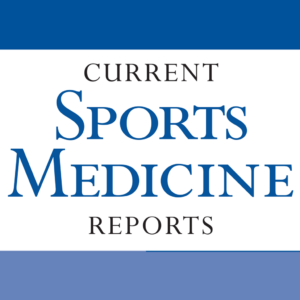The incidence of sport-related concussion coupled with a doubling of the participation rate in youth hockey over the past two decades provides impetus for the review of the most promising concussion treatment options. This narrative review summarizes the future treatment options for sport-related concussions in ice hockey, while acknowledging their generalizability to concussion in all sports. Symptom assessment, sign observation, as well as cognitive and balance testing, have historically been used to diagnose a concussion. These methods continue to improve, but the need for effective treatments is clear. Pharmacologic, transcranial light, and nutritional supplement treatment options for concussion warranting further investigation have been identified. Dimethyl fumarate is an immunomodulatory compound thought to trigger antioxidant gene expression. Memantine reduces apoptosis and astrogliosis by inhibiting the calcium influx into cells normally caused by glutamate’s activation of N-methyl-d-aspartate receptors. Thioredoxin-mimetic peptides and transcranial photobiomodulation temper the effects of the energy crisis by acting as free radical scavengers. In addition, seven neuroprotective nutritional supplements have been identified: berberine, creatine, curcumin, melatonin, omega-3 fatty acids, resveratrol, and vitamins. An estimated US $1.1 billion has been spent on unsuccessful traumatic brain injury clinical trials. As our ability to accurately diagnose concussion improves, dimethyl fumarate, memantine, thioredoxin-mimetic peptides, transcranial photobiomodulation, and nutritional supplements (berberine, creatine, curcumin, melatonin, omega-3 fatty acids, resveratrol, and vitamins) warrant further preclinical and clinical examination in advancing the treatment of sport-related concussions.
While management of concussion must begin with an objective diagnosis, the need for identification and testing of pharmacological concussion treatment options is a priority.

